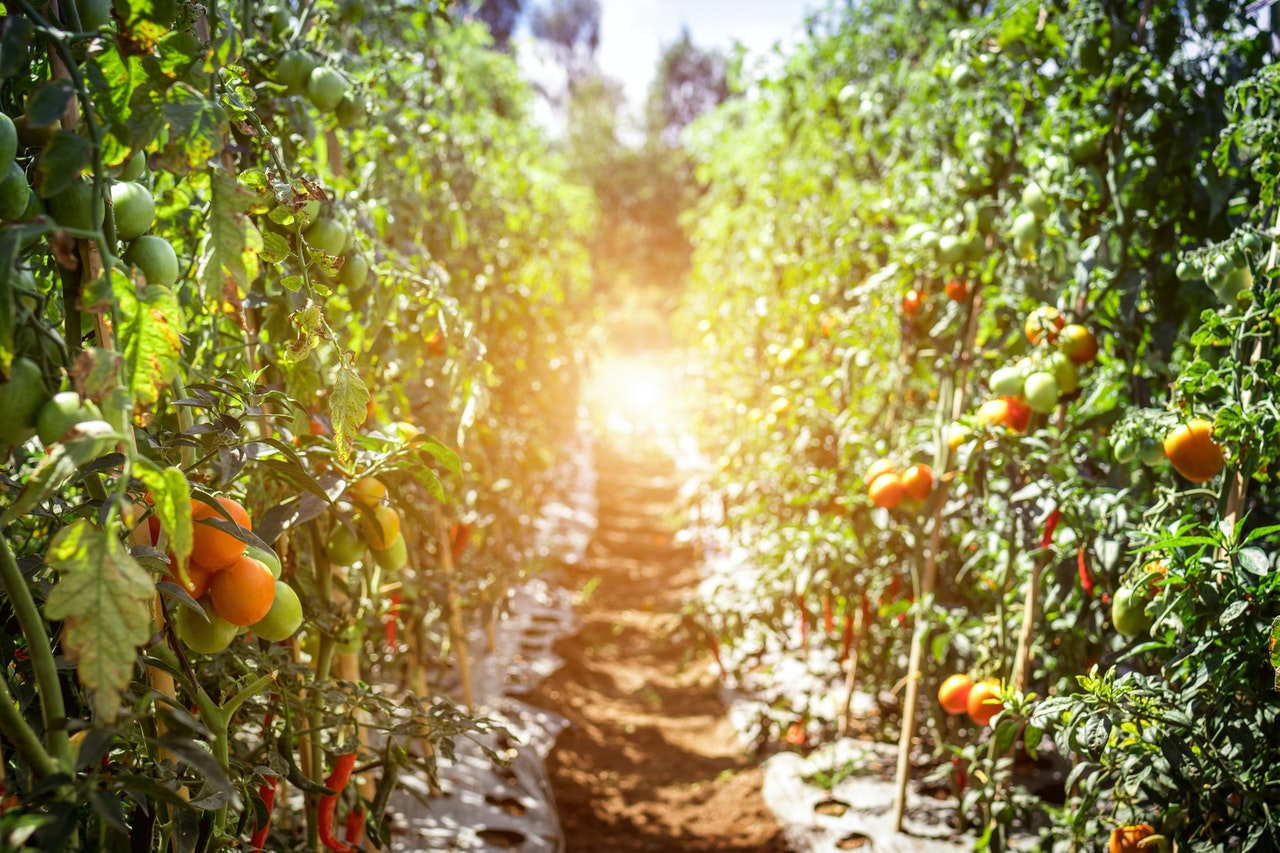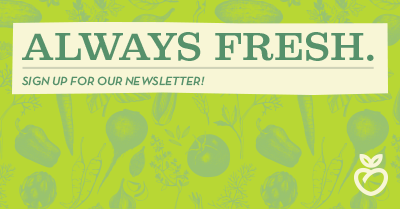Why Does Organic Matter?
The multitude of options when you are out shopping for groceries can be overwhelming. But one particular distinction can sometimes be challenging to navigate: organic versus conventional. Many consumers do not fully understand the difference between the two classifications and, even more significantly, may not see the value in choosing organic food options.
Of course, there is a major difference between organic and conventional products. Whether you are searching for red or yellow peppers, dairy products, humanely raised meat, organic hemp seeds, or something else entirely, it is important to know what goes into the organic classification and why it often makes sense to make the organic choice.
What Does Organic Mean?
The word organic has a long and complex history and has meant different things over time. That said, the “organic” label typically refers to the USDA organic classification. According to the USDA, products need to meet several criteria to be certified organic, depending on the type of agricultural operation. Criteria include the following:
- No use of unapproved (typically synthetic) pesticides for at least three years prior to certification
- Prohibition of artificial preservatives or flavors in production
- For livestock, healthy living conditions, as well as organic feed
Many states also have their own organic certification models (like NOFA in Vermont). Several certifications — like Certified Naturally Grown — essentially adopt practices that are typically considered organic, including crop rotation and a lack of synthetic pesticides but are distinct (and often considered more affordable for producers) than USDA organic certification.

What Are the Benefits of Organic?
There are myriad benefits to choosing organic products when they are available — and this applies whether you are looking at produce, meat, or more processed foods. Here are some reasons why it may be a good idea to buy organic.
Organic Food Is Generally Considered Healthier
Unlike food produced conventionally, organic food eschews the use of synthetic pesticides, which are frequently considered harmful to human health. Instead, organic food uses natural materials as supplements to grow, like organic compost and animal manure. This means fewer pesticides and harmful compounds end up in the food you eat.
Organic Food Is Typically Better for the Environment
Organic food is generally better for the environment than conventional food in a number of ways. Synthetic pesticides can leach into the soil, harm microbial life, and wash into waterways, polluting rivers, lakes, and oceans.
Conventional pesticides and fertilizers can also be harmful to beneficial insects, which are vital for pollination around the planet. Many conventional pesticides can also be detrimental to animal life, including humans.
Organic agricultural methods tend to work more harmoniously with the living world. Processes like crop rotation help keep soil healthy and avoid the depletion of nutrients. “Green manure” avoids unnecessary chemical inputs on fields. Organic pesticides and fertilizers are generally less harmful to insects, plants, and human life.

Organic Meat Is More Humanely Raised
Livestock raised according to organic standards are generally happier and healthier than livestock raised by conventional means. Organically-raised livestock does not receive antibiotics in their food, which are often correlated with poor health, and can negatively impact humans and other animals when filtering through the food chain. Organically-raised livestock also tends to have healthier living environments, including more space, the ability to roam freely, more time outdoors, and more nutritious and organic feed.
Organic Food Is Fresher
Conventional food generally has more preservatives in it. This allows the food to last longer, but it also means that conventional food is less fresh when it arrives on your plate. It is, therefore, less likely to be as rich-tasting — plus, there are potential adverse health effects from some synthetic preservatives.
What Should You Buy Organic?
As a consumer, it is up to you to make the best possible choices regarding the food you and your family eat. Of course, indeed, organic food is sometimes more expensive than conventional food. However, this is where smart shopping comes in: you can seek to buy the organic version of certain foods in a strategic and reliably cost-effective way.
Buying Organic Produce
While organic produce tends to sell for a premium compared to its conventional cousin, it can often be a uniquely affordable way of incorporating organic foods into your diet. This is especially true for certain types of organic produce: greens, roots, bulbs, and various other types of organic produce are often sold for a comparable price to the conventional option (as opposed to different kinds of produce, like berries, where there is sometimes a more significant price difference).
Trying a few new organic produce options can be an excellent way to incorporate more organic food into your diet. You may find that the better taste makes you want to purchase more!
Consider Superfoods
A superfood is generally defined as a type of food low in calories and uniquely high in nutrients. While there is no one definition of a superfood, certain foods typically meet the definition, including chia seeds, raw organic hemp, avocados, leafy greens, beans, and several other foods. Choosing to purchase organic superfoods can help give you a vital supply of organic extracts in your diet. Plus, many of these foods are relatively cost affordable and can be incorporated into various recipes. (For instance, organic hemp seeds can easily be added to everything from stir-fries, salads, baked goods, and more.)
Buy Organic Today
Healthy Living & Cafe has a wide variety of delicious, nutritious, organic options for you and your family. For more information, visit us online or in-person at our Williston, South Burlington, or Saratoga Springs store locations — or call (802) 863-2569 to find out more about us.
Sources:
https://www.usda.gov/media/blog/2012/03/22/organic-101-what-usda-organic-label-means
Written in partnership with Upstate Elevator.
Related Links:
https://healthylivingmarket.com/williston-grand-opening-celebration/



